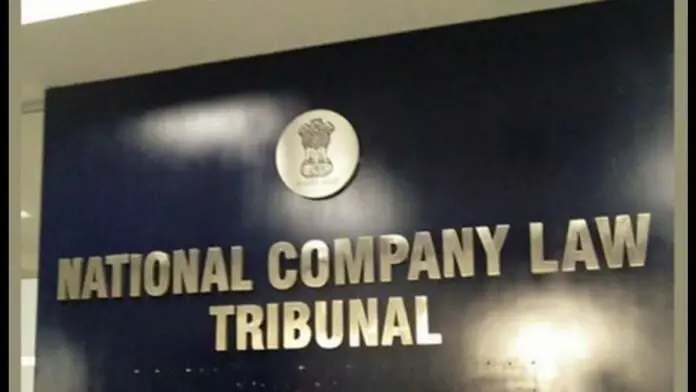
The National Company Law Tribunal’s (NCLT) New Delhi Bench dismissed a petition filed under Section 9 of the Insolvency and Bankruptcy Code, 2016 seeking the beginning of a Corporate Insolvency Resolution Process (CIRP) against Air India on Tuesday (BKP Enterprise v. Air India Limited).
On the basis of delay, a Bench of judicial member Abni Ranjan Kumar Sinha and technical member LN Gupta dismissed the plea brought by Bharat Zaveri, the owner of the operating creditor BKP Enterprise. The NCLT noted that the application was filed after the three-year limitation period had passed, and thus was barred by the statute of limitations. “The petitioner has made no specific accusations as to what prevented the Operational Creditor from filing the Section 9 application on time, what the exact reasons were, or how long the Petition was delayed.” the order stated.
On July 9, 2021, the NCLT heard the plea for CIRP initiation for the first time. The date of Air India’s default was March 11, 2013, according to the petition. However, the plea was only filed on June 30, 2021. As a result, the NCLT told the operating creditor that he or she needed to persuade the Bench of the limitation and maintainability issue. The operative creditor acknowledged that the plea was not filed within the three-year statute of limitations. As a result, it filed an interlocutory application (IA) for delay condonation. The operational creditor had been acting in good faith, according to the IA, and the delay in filing the Section 9 petition was exclusively due to factors beyond the operational creditor’s control.
It was also argued that, despite being a Micro, Small & Medium Enterprise (MSME), the operational creditor had been zealously fighting for its rights to receive the admitted outstanding sums from the corporate debtor since 2013, whereas the corporate debtor’s actions, as a Central government company, were completely contrary to the principles of fairness and suffered from the vice of arbitrariness. The NCLT, on the other hand, disagreed, claiming that there was no precise justification as to why the operational creditor was unable to file the Section 9 application on time.
“We consider that the Operational Creditor has failed to provide “adequate cause” for delaying the filing of the current IB petition, and as a result, we are hesitant to grant the Interlocutory Application.” Judgment stated. As a result, the petition was likewise dismissed due to the statute of limitations. The operating creditor was represented by attorneys Suvigya Awasthi and Vivek Joshi.








